Biology Preprints Over Time: An Update
While the practice of preprinting in the life sciences is not completely new, it has grown dramatically over the past few years.
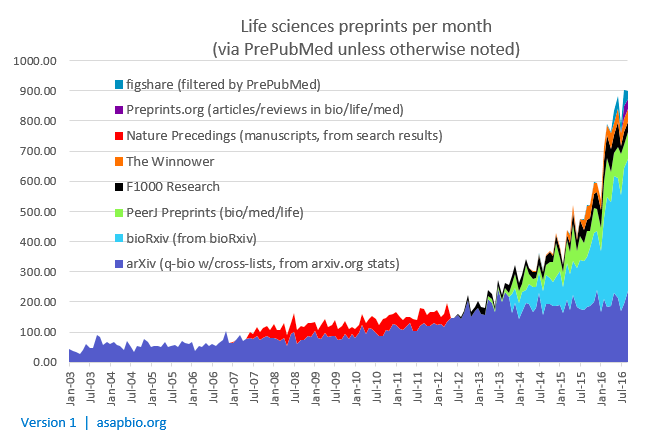
Send us a link
While the practice of preprinting in the life sciences is not completely new, it has grown dramatically over the past few years.

Cold Spring Harbor Laboratory's free, not-for-profit preprint service bioRxiv has received generous additional financial support.

At the ASAPbio Funders’ Workshop (May 24, 2016, NIH), representatives from 16 funding agencies requested that ASAPbio “develop a proposal describing the governance, infrastructure and standards desired for a preprint service that represents the views of the broadest number of stakeholders.” We are now holding a Technical Workshop to advise on the infrastructure and standards for a Central Service (CS) for preprints. ASAPbio will integrate the output of the meeting and community and stakeholder feedback into a proposal to funding agencies this fall. The funders may issue a formal RFA to which any interested parties could apply for funding.
American Chemical Society to lead effort to match other disciplines

American Chemical Society announces intention to establish “ChemRxiv” preprint server to promote early research sharing

Preprints is a free (not‐for‐profit) open access service supported by MDPI in Basel, Switzerland.

Users urge caution in revamp of service at the heart of physics.

Results of the 357 total responses collected at the ASAPbio conference.
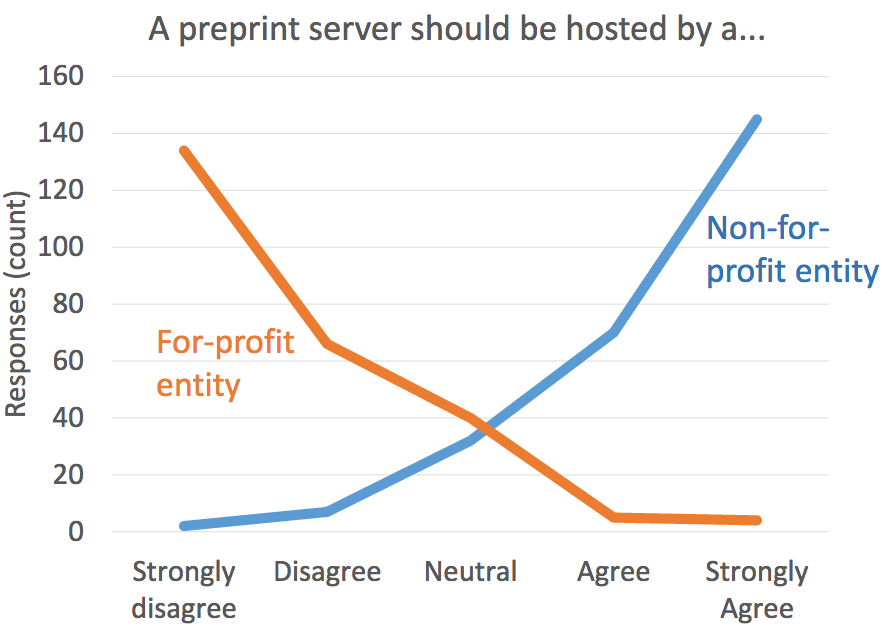
We interviewed Mark Hahnel, founder of figshare to discuss Collections, a new, free resource developed by the figshare team, and how researchers can use this.
PrePubMed indexes preprints from arXiv q-bio, PeerJ Preprints, Figshare, bioRxiv, and F1000Research.
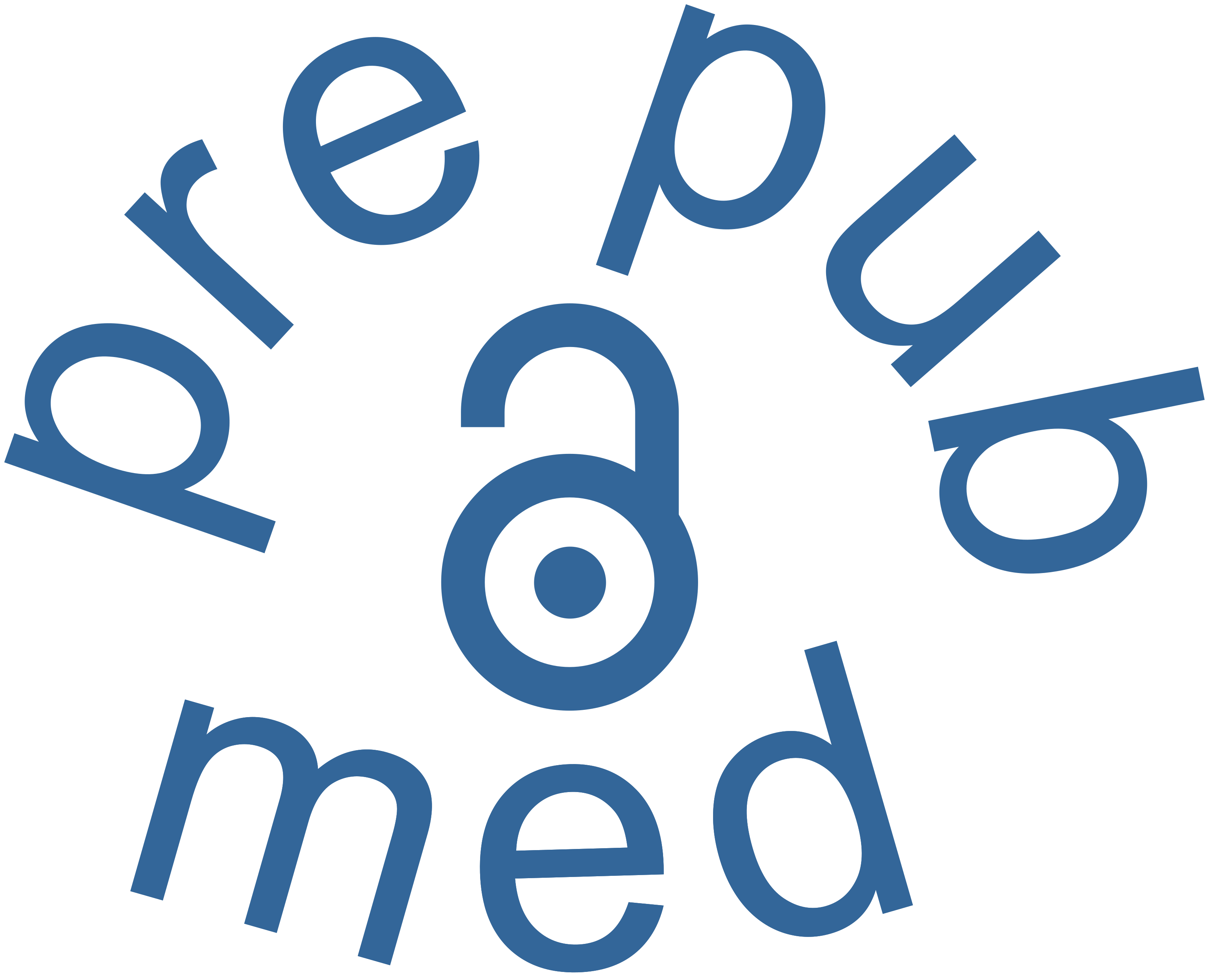
After ASAPbio, Cell Press CEO Emilie Marcus was left with many questions about preprint servers and her company's policy towards them.

Scientists, journal editors, and funders of research are talking about a once-heretical idea: preprint publishing for biologists.
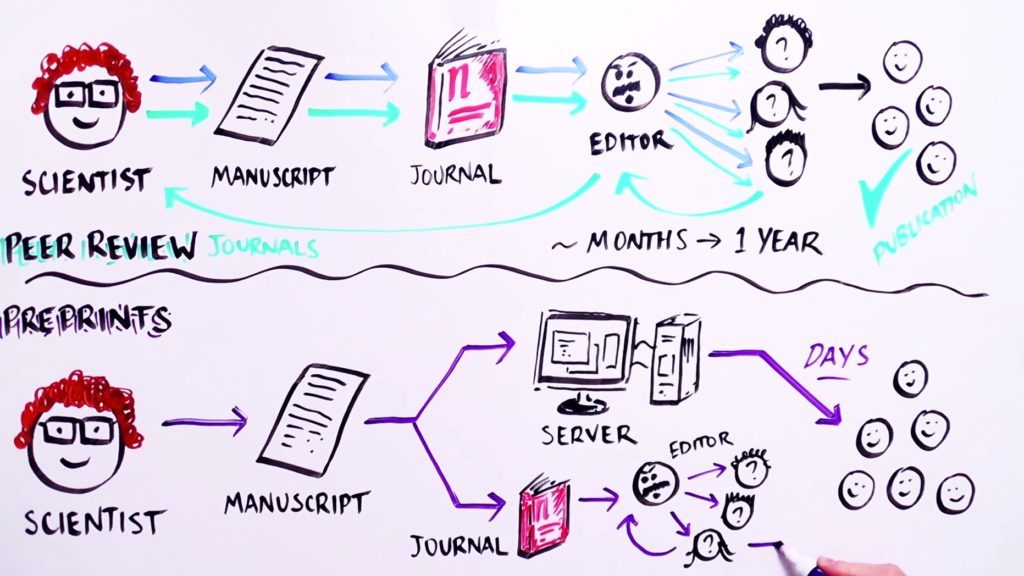
Preprints uploaded to a public server without formal review can speed up the sharing of biomedical information without harming the scientific process.

Piece reflecting the opinions of researchers, funders, and journals.
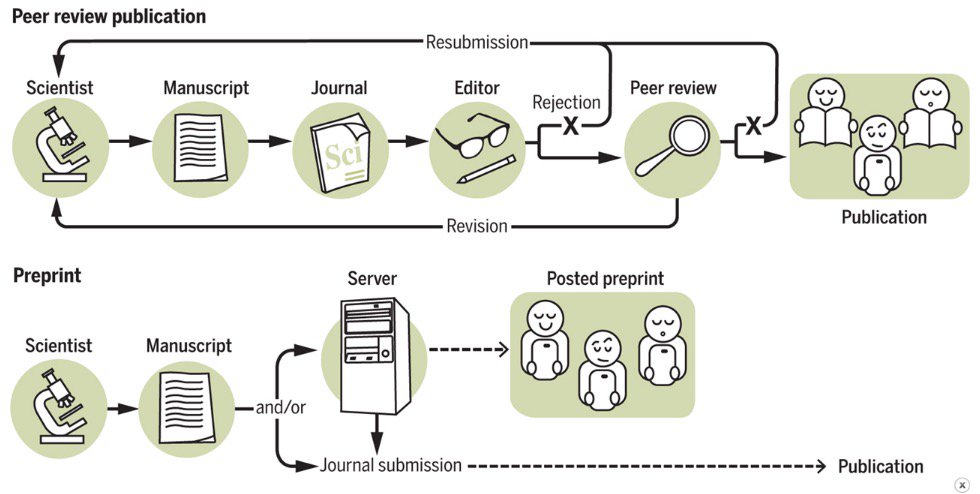
Scientific journal policies, physics' head start with arXiv, and differences in the culture of the two disciplines may all play a role.
